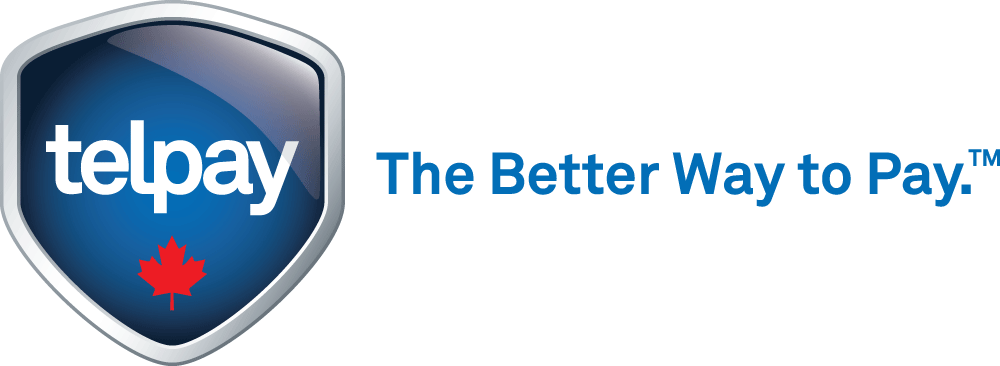Small business owners have enough on their plate without having to worry about fraudsters looking to make an easy buck. Thankfully, there are a few key steps franchisees can take to rest assured their money is in good hands
Watch the news on any given day and you will likely be subject to stories about the latest con targeting consumers, businesses, or both. And in the 21st century, the odds of it being a financial scam conducted online is disproportionately high.
From 2014 to 2019, the Canadian government reports that over $16 billion was lost to fraudsters, with a quarter of incidents amounting to $1,000 or more. Vulnerable populations are also more likely to be victims: immigrants, people with disabilities, and those who had “difficult experiences” such as intimate partner violence or childhood violence were at a higher risk of such events, according to Statistics Canada. On the contrary, those with higher education and higher income were also more likely than average to be targeted by these scams.
Despite these numbers, fraud is still a crime that is grossly underreported to the police. In fact, only about one in 10 Canadians who have been scammed take the step to officially report it. (There is a larger percentage that reports the incident to their bank/credit card issuer or the Canada Anti- Fraud Centre, however.) The reason for this could be the deep-seated shame that comes with being a victim, even if it didn’t occur through any intentional action on their part.
“This can be especially true if you’re a CFO,” John Zajic, vice president of corporate policy and compliance at Telpay, the largest independent electronic payment company in Canada, points out. “Would you admit to your team or staff that you accidentally sent money to the wrong bank account? You would feel understandably embarrassed.”
Scam artists are becoming exceptionally adept at both targeting their victims and executing their plans, and the data shows that their victims span a wide range of ages and life experiences. Gone are the days of obviously counterfeit emails urging you to provide payment so a foreign prince can access his fund being held in trust—though deceptions of that nature obviously exist, there are other more effective ways that scammers are finding their way into your bank account.
One of these methods is through authorized push payment, or APP fraud. In this attack, bad actors posing as legitimate payees reach out to update their banking information, so the next time a payment is processed, it lands directly in their account. This type of fraud can go unnoticed until the real vendor reaches out, wondering when they can expect payment—which could be weeks or months, and many thousands of dollars later.
Zajic stresses, however, that falling for these schemes isn’t a sign of weakness or a personal failing. Many factors come into play. “The frauds are so sophisticated that even a person who does this kind of work every day can’t detect it,” he says. Ultimately, the victim could be someone just having a very hectic, busy day, and therefore doesn’t have the time to look further into what appears to be a simple email request. Plus, the only way to verify frauds of this nature is to pick up the phone and contact the person requesting the change, which can be a timely process, especially for smaller teams like those at franchise locations.
Though it may be tempting to delete your online accounts, ask for mail-only correspondence, and go back to the old days of cheque-only payments, keep in mind that fraud has been a concern of Canadians and Canadian businesses since the invention of currency. “And cheque fraud is still very popular,” Zajic points out—more than one billion cheques are processed in the country each year, according to the Canadian Bankers Association. CIBC reports that counterfeit, forged, forged endorsement, and altered cheques are all common ways in which cheque fraud can still rear its ugly head.
Fortunately, third-party service providers like Telpay are working tirelessly to protect the interests of its small business owner clients. By taking a multi-pronged approach to both the set-up of bank accounts within their system, which entails verifying that the account information for payees is accurate (the company currently has more than 150,000 businesses that have been given the stamp of approval), and by having their team field all payee information adjustments, Telpay takes the burden off of its customers while providing them peace of mind. Other security measures, such as two-factor authentication and the ability for clients to add permissions for staff based on their role, provide an added layer of protection.
There are other ways in which franchisees can help fortify their businesses against such attacks. As Lyn Walker, marketing manager at Telpay, explains, knowledge is power.
“Education awareness—you’ve got to start there,” says Walker. “But having a simple process of verifying the information, not taking it at face value, is key as well.” Implementing anti-phishing and anti-fraud training for staff, either at the franchisor or franchisee level, can also go a long way in preventing disaster.
There may not be any true fail-safe when it comes to fraud, but business owners who recognize that they have the power to stop bad actors from stealing already have a leg up.
As Zajic points out, “Using a third-party vendor can make your life easier and help manage some of the risks associated with leading a cloud-based business.”
And for time-strapped entrepreneurs, that reassurance is priceless.


